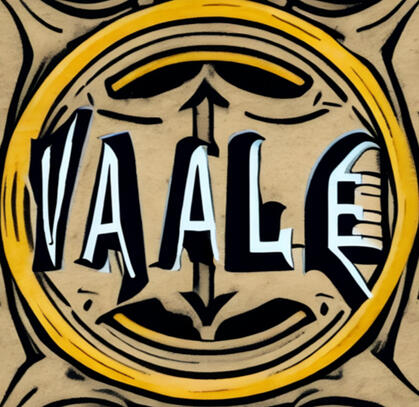
The World of Vaale
Come explore a story--YOUR story. Vaale is a world like our own--full of life, conflict and stories. Where it differs is in its inhabitants. Many and varied are these people and equally as varied are their stories...Won't you share your tale here in Vaale?
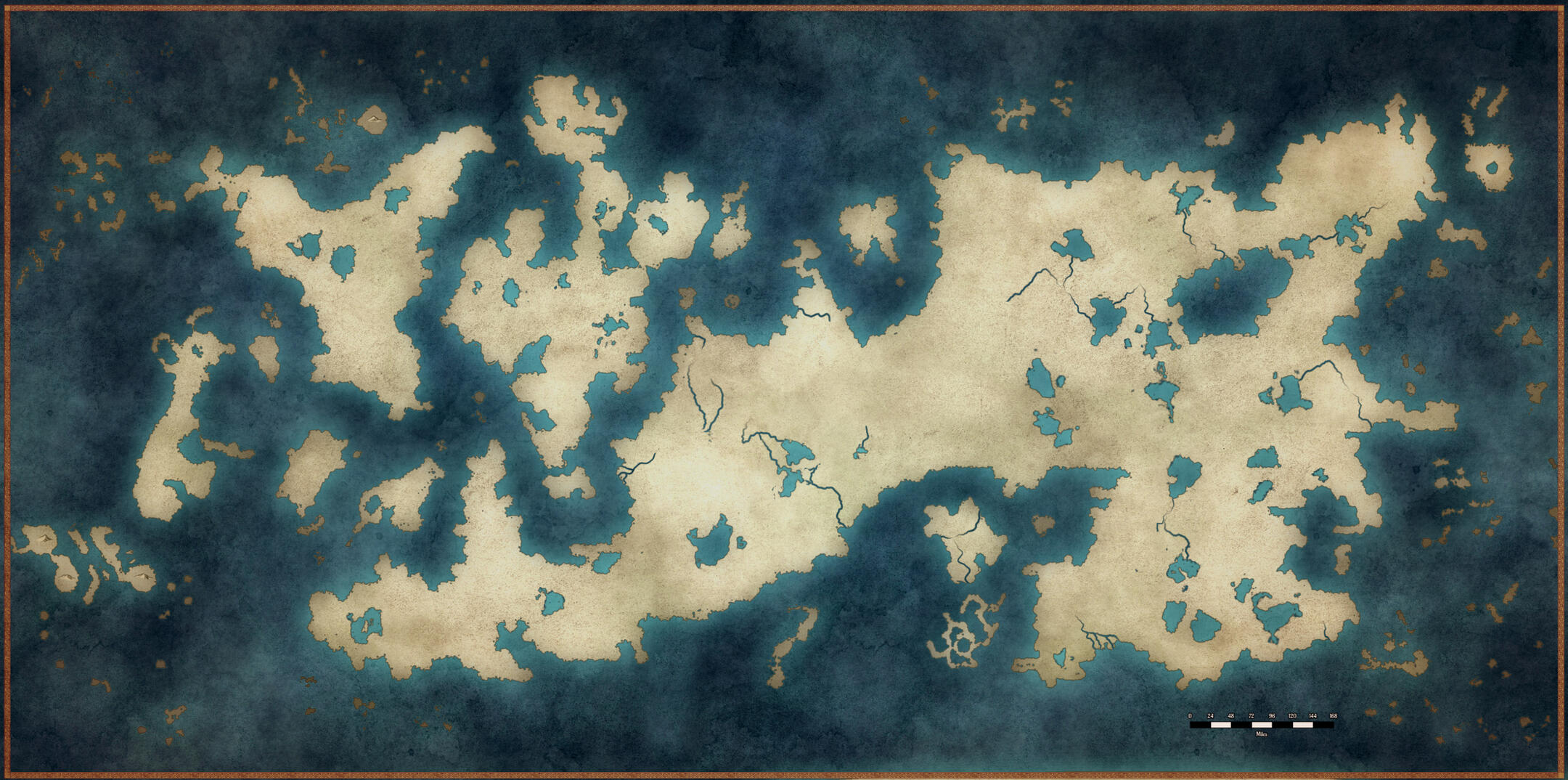
About Vaale
At it's heart, Vaale is a setting dedicated to humanity. Designed to be a mirror of the real world with its flowering and beautiful cultures, vibrant stories and larger-than-life figures, Vaale gives everyone and anyone a chance to live a life outside of themselves, if only for a short time.Designed to bring back the sensation of opening a new book as a kid or experiencing a story for the first time through film or a TV show, the world has been crafted to encourage exploration and learning; exploration of the self and of the world around you.While things in Vaale may become dark or grim, it is a place meant for the best parts of what makes us human to shine through--our experiences, our heritage and our ability to unite for the good of others. A place where we walk alongside heroes and share in what it means to be human--and perhaps see that we can be greater than we think we are, more powerful even without magic or weapons.Won't you walk with us in Vaale for a bit? Won't you tell us your story and share it with others?
How to Use Vaale
Vaale was designed to be a setting for story-telling; both in literature and for TTRPGs (Table-Top Roleplaying Games). It was also conceived to allow for the exploration of concepts and ideas that perhaps aren't common in media or that exist but require a strong suspension of disbelief--an example being the classic Pirates versus Ninjas.Vaale was designed to allow for these types of interactions--where a knight from a fairy-tale could conceivably fight alongside a llanero-styled sharpshooter and a technomancer who utilizes Taoist-based magic as they seek to stop an ancient dark lord from returning to power.To that end, I have created a brief explanation that can be read here that will explain in a bit more detail the rationale and mechanics for the setting from the outside looking in.
How Vaale Works
in Gaming
Vaale is a setting wherein all cultures are technologically equal but the aesthetics with which these technologies present themselves are wildly different.
Thematically, Vaale was conceived as a place for any number of stories and cultures to be explored. A place where a player could (and hopefully would) delve into their own personal interests in the world and explore it through the lens of fantasy.
While it is a fantasy setting, it is built on the idea that all cultures within its sphere more or less are equal in terms of basic weaponry and technology--be this through actual applied science or magic or both.What this means for a TTRPG game is that while a character may create a ranger who wanders the wilds using a bow and arrow, their weapon is no more or less effective than a gun as determined by the rules of the TTRPG.Example: Faust was rolled up as Paladin in D&D 5e. He was made to emulate a space-faring knight with a laser-based blade. Functionally, this blade has no more or less special properties than a standard metal blade in terms of damage, nor would it be more or less effective in a sword fight against a blade made of metal.This is done to allow players to play what they wish without the fear of being outclassed by simple flavor choices. The logic behind this is clear; if one lived in a world where a blade made of heated light could be fashioned, then your neighbors would act to find a means to counter-balance that threat be it with magic or some other means.
The Divine of Vaale
The divine power within Vaale is represented primarily by the 'Seven and One--that is, the Seven Gods of Vaale and the one who gifted them their power named Jubiloch.All of the Seven gods of Vaale were, at one time, mortals themselves and all ascended to their lofty position as deities together after completing a grand journey and quest to overthrow three powerful god-kings during those most ancient days of Vaale's history.With their victory secured, Jubiloch saw fit to reward each of them divinity to safeguard the mortal and material world of Vaale from itself; with gods to worship and follow that were selected by Jubiloch, rather than god-kings that were self-proclaimed, the threat that the Seven overcame would (or at least 'should') never happen again.
The Divines of Vaale
The God-Kings of Vaale
The Three God-Kings were once the sole rulers of the bulk of the material plane that is Vaale. Having begun their careers as simple rulers-to-be for their respective tribes, fate brought the three together and fortune forged them into unstoppable juggernauts of power and cruelty. Under their 'guidance' they fashioned disparate tribes into unified empires, each balancing out the other--their brotherhood turned into a bitter oath of mutual assured destruction if one tried to usurp the others.Defeated at last by the Seven heroes who would eventually become gods, the trio could not be totally destroyed; so great was their power that they became demi-divine and through that could only be sealed away rather than absolutely destroyed.They now wait, patient and potent, taking strength from their loyal cults and giving some small modicum of their power in turn, waiting for the day they were freed once more.
Aluce, Patrician of the Grave
Described by theologians, priests, clerics and the commonfolk as the nearest to Jubiloch as regards ineffability, Alutice stands as a dour ruler of the gateway between this life and the next. Dressed in the trappings of the grave and bearing in his hand a tome which contains the secrets of the universe, he alone knows the truth of what lies beyond the threshold of the most final of mysteries; what happens after we die.His stark demeanor, however, is contrasted with his well-documented attitude towards half-elves; legends holding that he himself had been one before his ascension, the god favors those caught in-between two worlds just as he stands between two worlds and his ever-watchful gaze is fixed on the Biir.
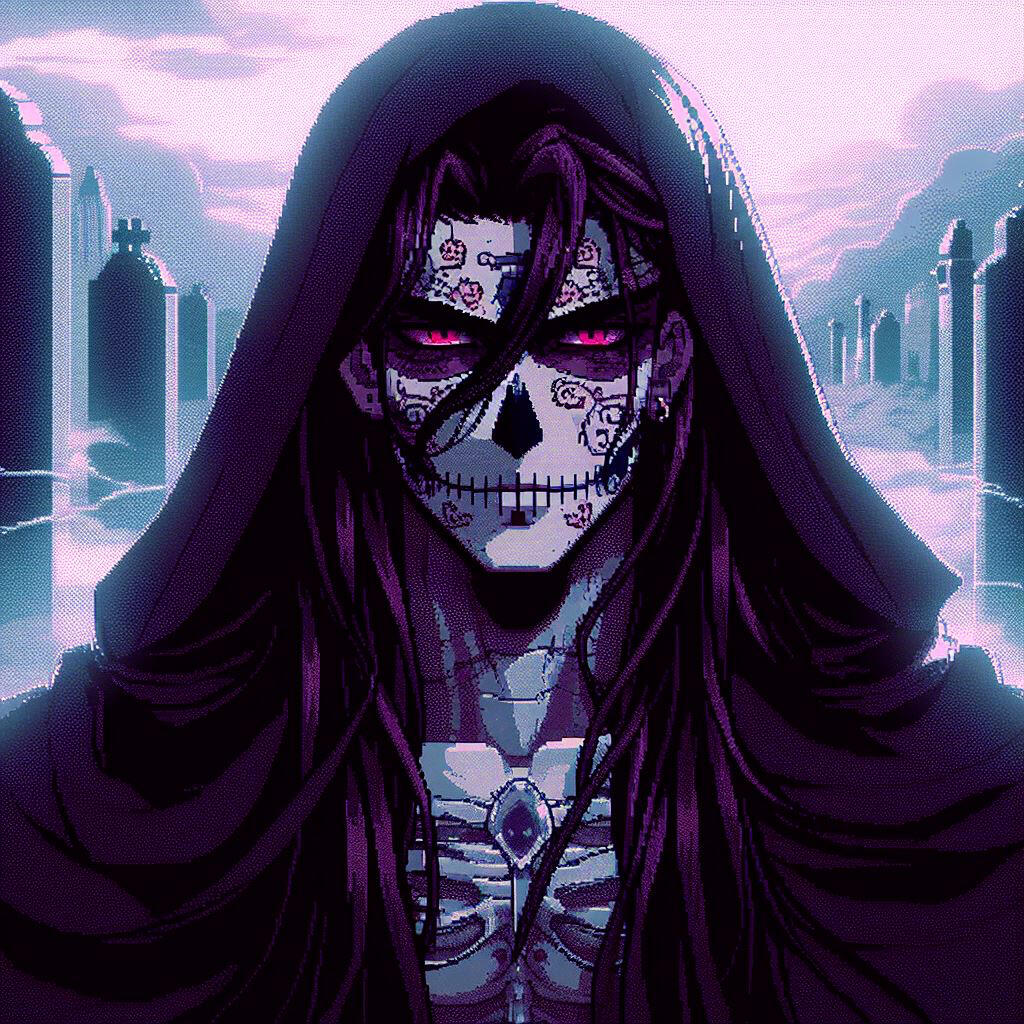
The Precepts and Portfolio
The Pantheon
House of the Dead
Like the other Seven, Aluce has a minor pantheon of gods that he has ordained to serve in some capacity. These minor deities and their pantheon are often referred to as 'The House of the Dead' and carry out duties associated with the arcane, secrets and the grave.
Secondary Gods
Eventide
God of Dreams
The God of Sleep and Dreams, Eventide is responsible for the safeguarding of mortals as they drift off into the Land of Dreams each night. He is their guardian and detests any creatures that attack a mortal while they sleep; these include beings such as night hags and vampires. While Eventide does not have many worshipers, he is a particular favorite of children who pray to him every night for safekeeping while they sleep--mothers also call on him to watch over their offspring in the night when they cannot.
Justeztice
God of the Occult
Wherever rituals are cast, and whenever rites are spoken, Justeztice is there. A sort of patron to those that utilize formal motions to create magic, Justeztice oversees the carrying out of these arcane arts. Wizards and Clerics hold him in particular regard, and it is from Justeztice that mortal-kind learns of the proper times and seasons to call upon these powers. His name is invoked often alongside Deciline and Paravana when conjuring beings from other planes as a means of protection.
Tertiary Gods
Yelric
God of Burials
The God of Burials has had a tumultuous history, but Yelric continues on as the one who commands current thoughts on the mortal concept of how the dead should be treated--that is, death is a time to celebrate accomplishments and a life well spent. Unlike previous instances of the God*, the current holder of the title encourages mortals to eat, drink and be merry during the funeral processions of the dearly departed. He is often depicted holding a wine glass in one hand and dressed in jaunty finery. Yelric, when mortal, is attributed to being the man who gave the knowledge of spells to keep the dead from returning as undead.Flying in the face of his austere patron, Yelric is also a trickster, enjoying the company of Loch'Yu's entire pantheon, even taking ideas from them on how to liven up proceedings even more. Aluce does not appear to have complaints on either of these points, though why he remains silent on this breaking of solemnity he is known for is a question none but he can answer.Note: The position of Yelric has changed hands on several occasions. The god has had a storied history of 'fallen' gods, creating a distinct flaw in the process that Alutice used to select this important figure; after the second failure, he found the present Yelric--then proceeded to erase memory of the previous two from mortal memory as best he could.
History of Aluce
Like the other Seven, Aluce has a minor pantheon of gods that he has ordained to serve in some capacity. These minor deities and their pantheon are often referred to as 'The House of the Dead' and carry out duties associated with the arcane, secrets and the grave.
Deciline, Demoiselle of Winter
The Goddess of Winter, Witches, Rangers, the Moon and Storms, Deciline is represented as a powerful and beautiful woman; quite the opposite of her tempestuous portfolio, most encounters with this goddess show her to be nonchalant and callous. Representing 'dark magics' of Warlocks and Witches, she is marked as the protector of those who dabble in such arts--she having been a witch alongside her sister during their mortal lives.Many hold her up as a patron of women, in especial young women. Sharing the governance of Time and Fate with her sister, she is believed to govern beauty and passion--the things most often associated with youth. Among her lesser domains are drinks such as mead alongside most anything that involves brewing--Alchemists often have her sign somewhere in their workshops.
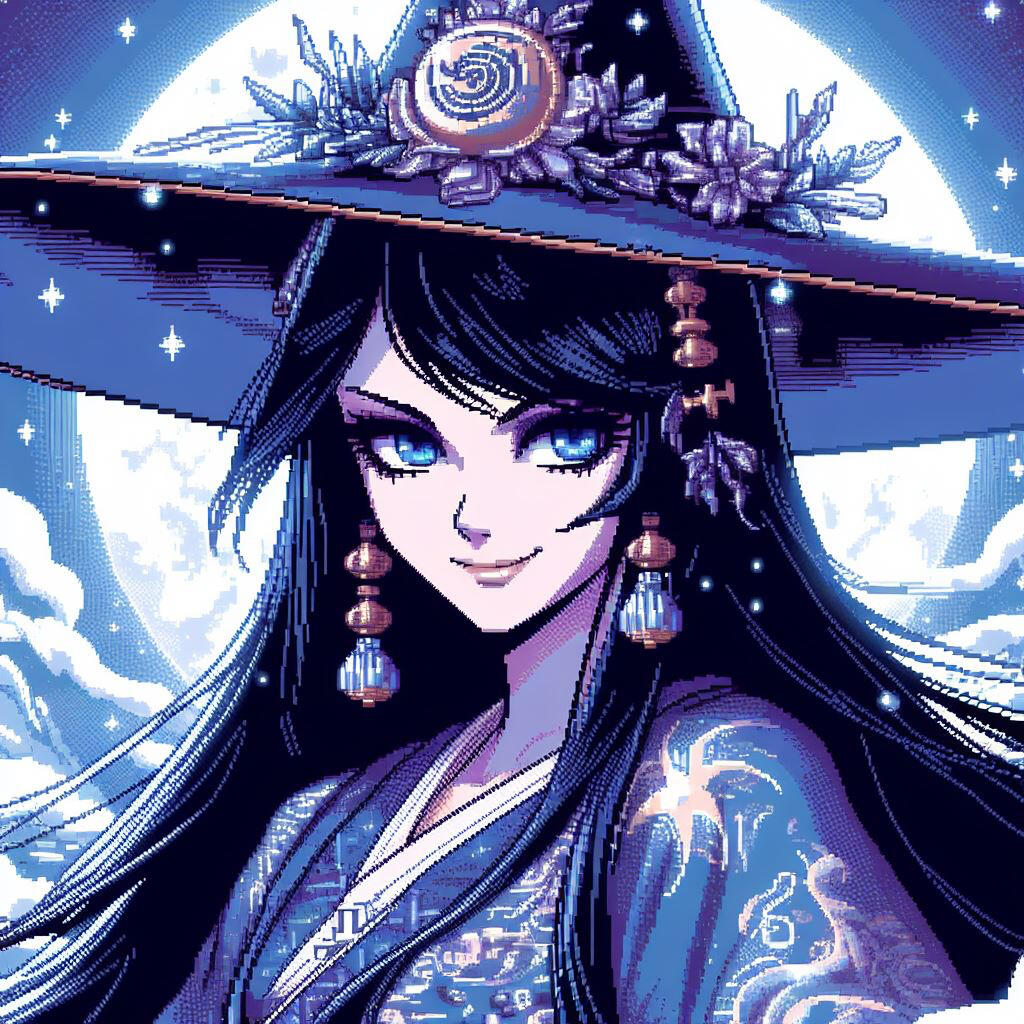
The Precepts and Portfolio
The Pantheon
Coven of Winter
Like the other Seven, Deciline has a minor pantheon of gods that she has ordained to serve in some capacity. These minor deities and their pantheon are often referred to as 'The Coven of Winter' and carry out duties associated with the winter, storms, the night and pacts between planes.
Secondary Gods
Jielan
Goddess of Passions
Sometimes called the Goddess of Night-Passions, Jielan is the goddess of beauty, romance and desire. Her domain includes the sensation of 'being in love' but does not include 'love' as a whole--wherever heat stirs in the breast after eyes meet, there is Jielan. Having been an escort when she was a mortal, she is now the patron goddess of those who sell their passions, and any decent brothel will have at least one symbol to this goddess on their door.
Zotikos
God of the Forgotten
The mournful cry in the night as an elderly woman lays dying in her bed alone--the shivering of a soldier left for dead on the battlefield--the prisoner languishing in a deep oubliette. These are the people that Zotikos touches, holding them in his grasp even as they fade into obscurity. Zotikos is often called the Mourning God or the Melancholy Voice. Shunned souls who have been cast out not through their own actions but by fate or the cruelty of others are said to be kept company by Zotikos and that he becomes their sole mourner when they pass. Priests and adherents to Zotikos do their best to tend to those who cannot tend to themselves and that others refuse to help.
Jubiloch, Father of Revelation
The Divine Protector of all mortal kind on Vaale, whose domains include Knowledge, Order and Light. The source of light, knowledge and all good, Jubiloch is represented as a faceless figure. Jubiloch has never been known to take on mortal form, and legends hold that the only time he did was to lift up the Seven heroes that would become gods themselves. Revered for his enduring love of mortal kind and his general lack of interference in the day-to-day activities of Vaale, he represents the ever-present but distant parental figure to the Material Plane.It must be noted that there are two distinct schools of belief in who and what Jubiloch is; modern interpretations differ from the older schools of belief which held him to be omnipotent and in many ways avenging. Reigning from on high as the arbiter of all things, he was seen by ancient peoples as a sometimes capricious being that demanded reverence.Modern thought holds that he is instead softer, a fountain from which all the virtues flow--this is a belief that has been held exclusively by Yaksha and Sefirot until the present day and a belief that both of these groups suffered for holding to throughout the ages. This image of Jubiloch, while still not as common as the iconic god of both mercy and brimstone, has begun to gain popularity.
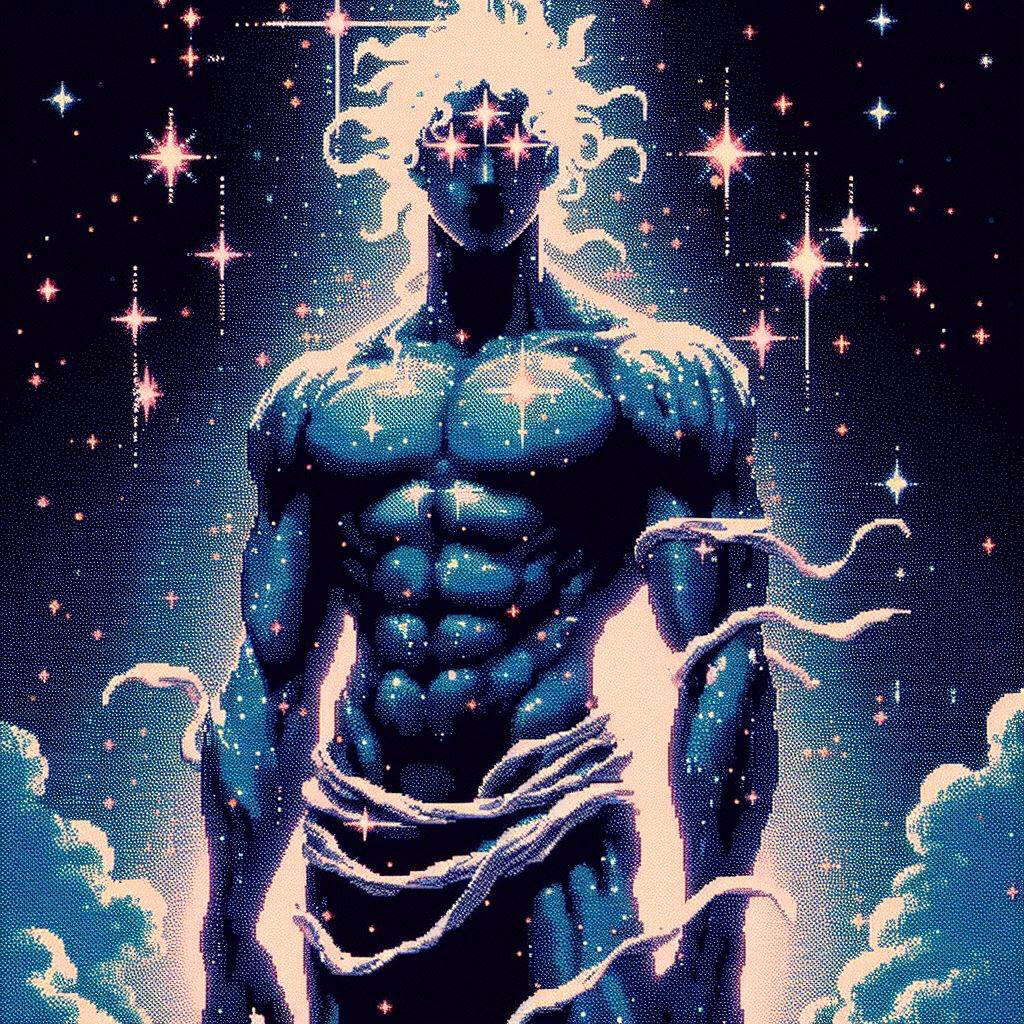
Kenkou, Steward of the Three Worlds
Kenkodu is the wild-hearted god of the natural world and its three parts; earth, sea and sky. His dominion is vast and untamed just as he was in life and he commands his followers to favor following their heart above their heads, especially when it comes to leaping to the aid of the weak.Characterized by his good nature and penchant for heroics, Kenkodu is a figure that has universal appeal. Few settlements, even the most urban, choose to deny him worship of any kind.
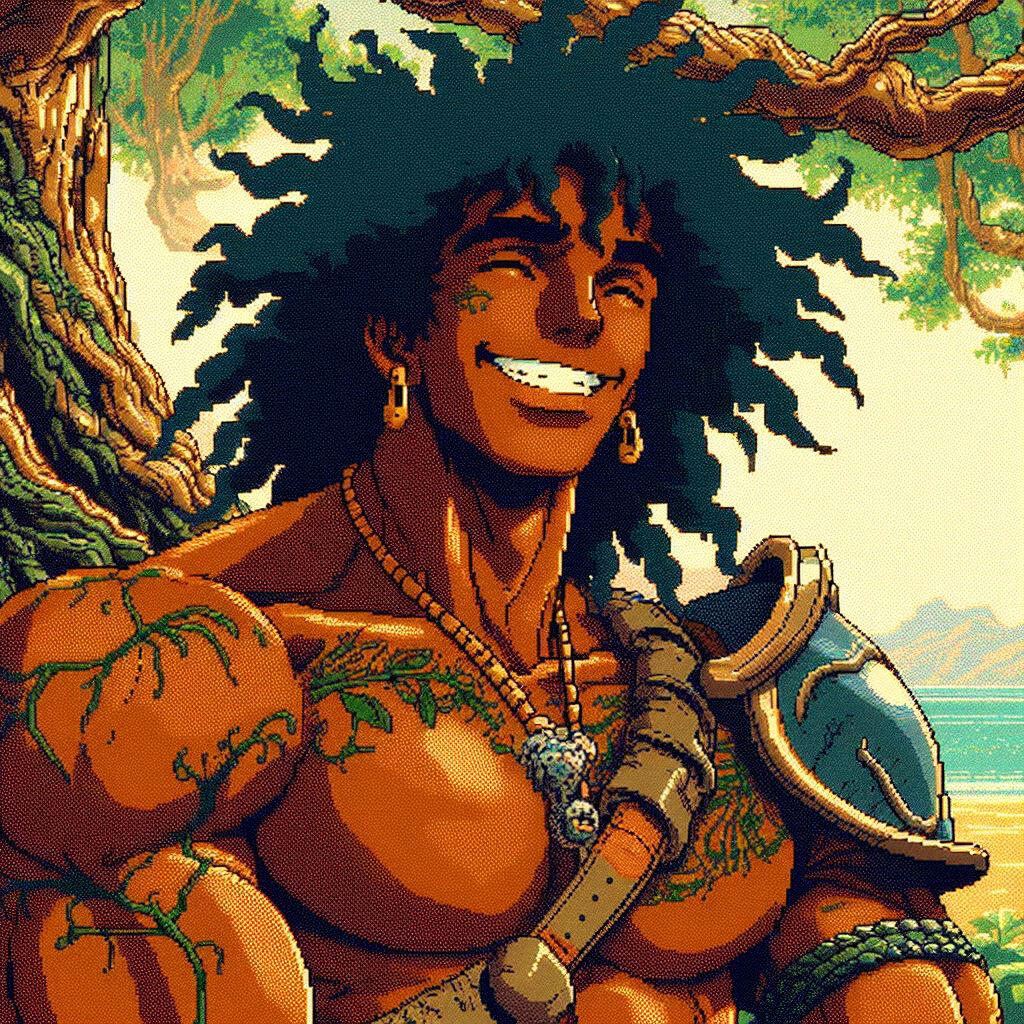
The Precepts and Portfolio
The Pantheon
Union of Valor
Like the other Seven, Kenkou has a minor pantheon of gods that he has ordained to serve in some capacity. These minor deities and their pantheon are often referred to as 'The Union of Valor' and carry out duties associated with the wilds, heroics, the natural world.
Secondary Gods
Farioch
God of Horizons
Standing as a figure for the unexplored, Fairioch is a god of distant and unseen shores, the embodiment of what lays just beyond the horizon. Often called the God of Tomorrow, he represents things just beyond reach but that can be obtained--all it takes is the pursuit. He is the patron of explorers, researchers into the wild places and cartographers.
Izolda
Goddess of Boundaries
There is little that separates mortals from the wild places beyond laws and walls. Izolda is the goddess of both; a patron goddess of boundaries, she is invoked and depicted in the walls of many cities and fortresses. Her priests and clerics do not remain in cities themselves, instead traveling to lay out boundary and milestones along roads. They share also a close tie with the clerics of Loch'Yu in their capacity for travel.
Loch'Yu, Brother Bluebird
Loch'Yu is the god that oversees the whims of fortune (not fate) and the cycle of rebirth after death, acting as a sort of psychopomp for those who have died or those who's life energy are returning into the cycle to be reborn anew. His portfolio includes, Fortune, Rebirth, Thieves, Travelers and Bards and he is the protector of the poor and the orphaned.Loch'Yu's greatest desire is for the world to be without suffering; in his way of thinking, suffering comes from a lack of acceptance of circumstance combined with others bringing pain down from lofty positions to those who can do nothing about it. In this way, the impoverished starve and children are made into orphans--wars begin because one of the offenders is not content with the way their lot has fallen or because one group feels they have strength enough to bully or break another power.
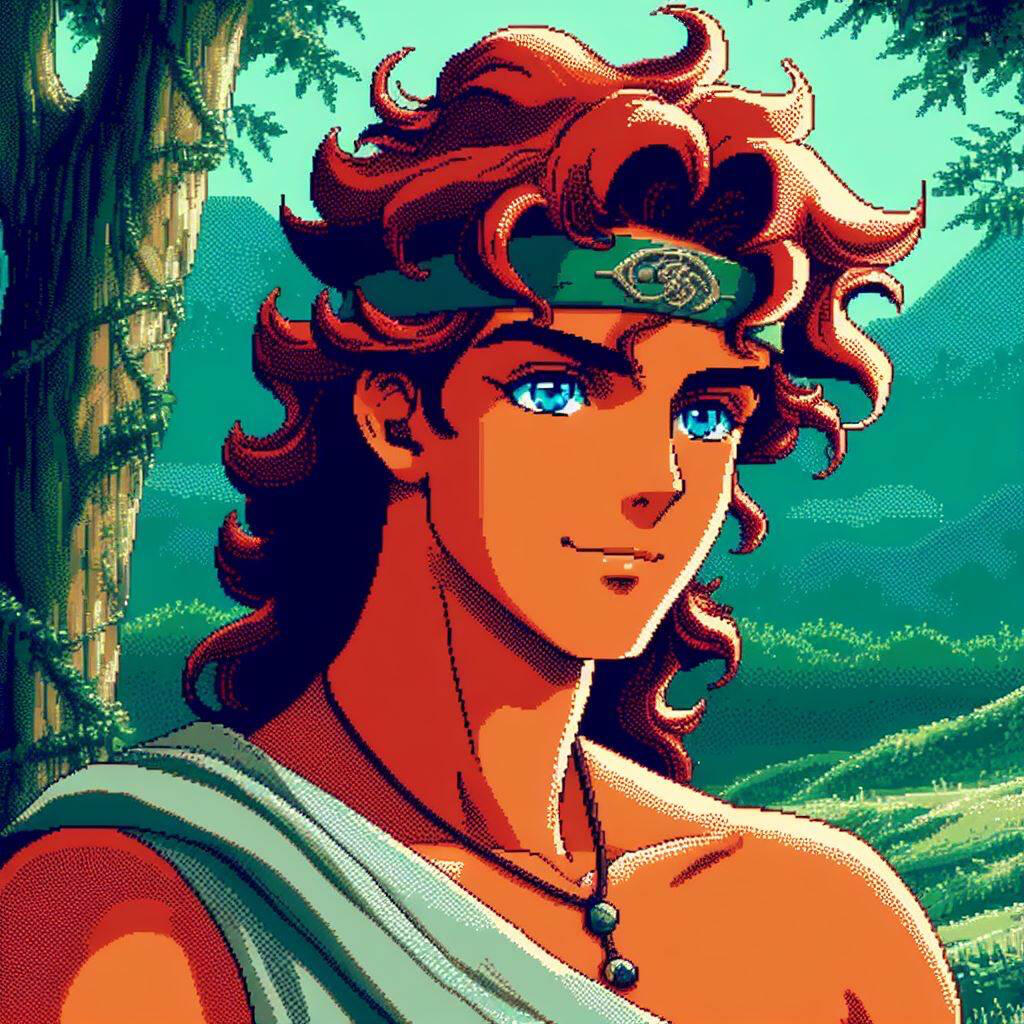
The Precepts and Portfolio
The Pantheon
Brotherhood of the Bluebird
Like the other Seven, Loch'Yu has a minor pantheon of gods that he has ordained to serve in some capacity. These minor deities and their pantheon are often referred to as 'The Brotherhood of the Bluebird' and carry out duties associated with the fate, family, and those that twist the definitions of fortune to their own ends.
Secondary Gods
Kalakalea
Goddes of the Hearth
The protector of the hearth, Kalakalea commands the fires that simmer--she is the protector of the home along with those that reside within it. Connected with volcanoes, as they are the fiery source of all life and land, Kalakalea provides fertile ground for people to thrive in the literal sense as well as the spiritual and social. She is also a Patron goddess of the Vegali of the Dawkai and it is from her bloodline that all Dawkai queens are said to originate.
Cesair
God of the Inauspicious
The god of bad luck, bad omens and the unfortunate, Cesair is a god that many try to appease with offerings to stave off, rather than to invite in. His shadow is cast over beggars, serfs and those who have lost more than they've gained; these people pray to him for 'another day' to live. In spite of his portfolio, he is not depicted as malicious but instead as unconcerned, with stories depicting his flippancy. Vagrants take comfort in his devil-may-care attitude in that 'things will work out' on their own.
The Goddess presiding over War, Zeal, Conquest and Strategy; being the only member of the Seven and One to have had children before becoming a god, she is also the Goddess of Motherhood and Marriage. Soldiers plead for her guidance in battle and it is she who determines who wins and who loses. Not concerned with personal glory, Nostya instead chooses to focus on the glory of armies.As the goddess of Mothers and Marriage, Nostya is given a softer light. While still stern in demeanor, she is depicted as a defender of the family as a unit. The innate response to violence for a parent when their child is threatened is said to be fed by Nostya, and her hand guides those progenitors who move to safeguard their young.Nostya is show in art and in her infrequent visitations among mortals to be a woman of mature years, with sturdy build. She is often shown as being smaller than the other gods--most art has her being about half the height of any of them on average. Of note is her antagonistic relationship with Sarqa; the pair of them embodying the opposite concepts of valor and glory--Sarqa being the god of personal valor and glory while Nostya stands for it as a unit.
Council of War
Like the other Seven, Nostya has a minor pantheon of gods that she has ordained to serve in some capacity. These minor deities and their pantheon are often referred to as 'The Council of War' and carry out duties associated with combat, war-craft, soldiery and tactics.
Secondary Gods
Gunnvor
God of Strategy
Warfare can be a means for some to slake their bloodlust--but for others it is a recourse that is taken only when no other option is available. Honor in combat along with cool and rational tactics are the domains of Gunnvor. It is said that his even temper and rationale act as a restraining foil for his patron, Nostya, when she becomes lost in the thrill of war. Many philosophers and tacticians have found inspiration from Gunnvor's honorable bearing, while commanders pray to him for a swift victory that ends in as few deaths as possible.
Ku
God of Violence
Ku is a god shrouded in bloody storms and the clash of steel. Embodying the violent desires of those that war, Ku has no gender nor any real race but seems to be instead an idea in humanoid form; Ku is everyone that has ever taken up war to control, dominate, route, pillage, plunder or ruin. The other gods themselves have little to do with Ku, with few even having the ability to express anything about this figure beyond distaste. Soldiers, kings and commanders who revel in bloodletting call out to this patron, delighting in the violence that Ku brings in their wake.
Paravana, Chatelaine of Summer
The Goddess of Summer, Druids, Flowers, and Life. Acting as the overseer of the fertile earth and waters, Paravana represents all that is beautiful in nature. Despite what her portfolio may lead one to believe, Paravana's personality has shown her to be either serious or histrionic. This duality leads many philosophers and priests to hold her as representing the power of the sun--capable of being both helpful and harmful; others, including the other gods, often indicate she does it for either a laugh or as the situation calls for it.Like her sister, she oversees Time and Fate. Unlike her sister, her domain includes Child-Bearing and Pregnancy. It should be noted that she is not the Goddess of Mothers but focuses only on their birth--her sister holding domain over the 'making babies' portion of the proceedings while Nostya oversees the rearing of children.The gifter of fertile earth and nurturing rains, farmers hold her in high esteem and rely upon her outpouring to ensure good harvests. Those who live near rivers (in especial rivers in desert or arid places) also call upon her pantheon for life-giving waters and easy-to-manage floods during their appointed seasons. Having a fondness for wines, wine-makers and vineyard owners make certain to give their respects to her before planting and after the harvest.
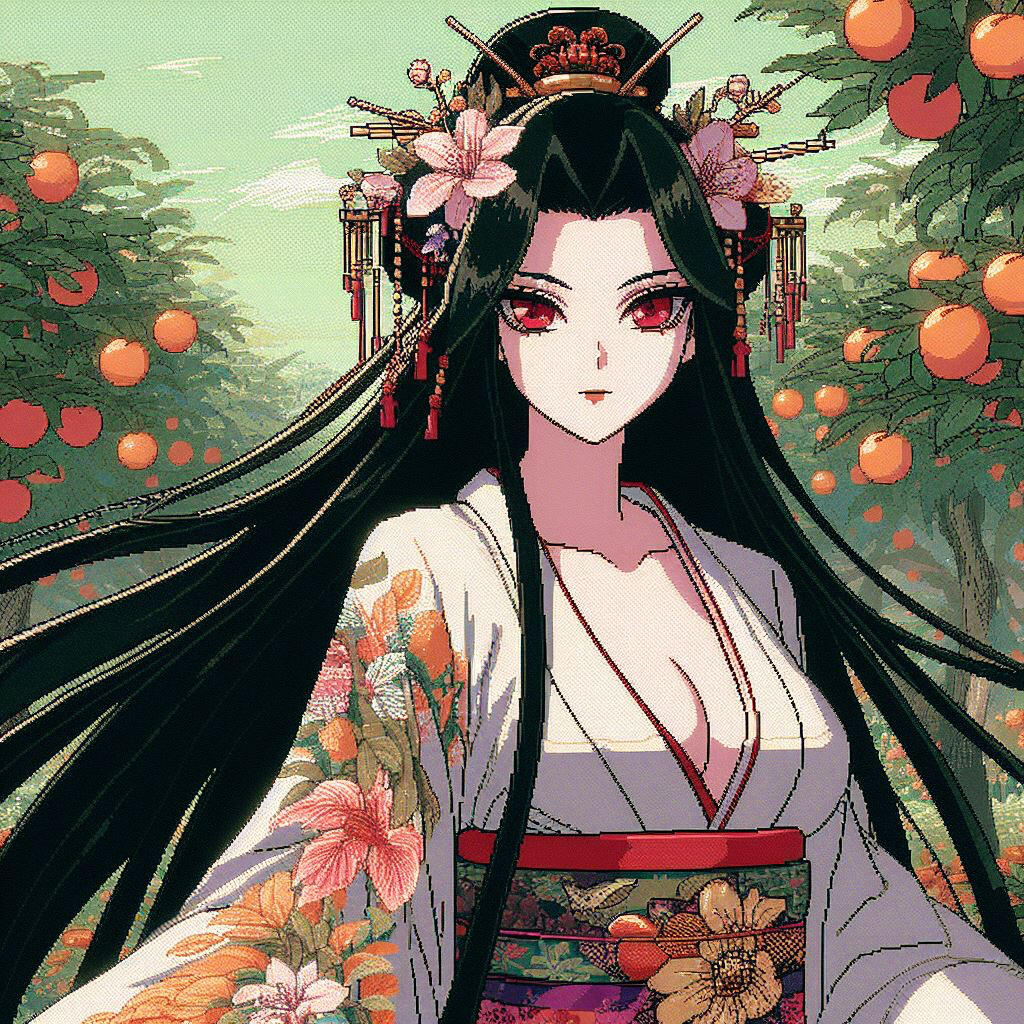
The Precepts and Portfolio
The Pantheon
The Summer Sodality
Like the other Seven, Paravana has a minor pantheon of gods that she has ordained to serve in some capacity. These minor deities and their pantheon are often referred to as 'The Summer Sodality' and carry out duties associated with crops, the natural order seasons and fertile life.
Secondary Gods
Antefonus
God of Anticipation
Intuition, forethought, awareness, presentiment--whatever term it can be called, Antefonus is the god that oversees it. It is he that informs the farmer's ability to tell when rains are going to be bad and the sailor when a storm is coming in--it is also he that allows a servant to know what their master or mistress desires before they themselves know it. Those in service revere him, calling on his guidance to do the best they can--butlers, secretaries, and maidservants are as like to pray to him as a farmer or sailor. Antefonus is marked as the secretary of Paravan and Deciline, although this service extends to the other major deities as well.
Nuikahinano
Goddess of Bounty
Wherever ears of corn grow golden on stocks in abundance, there is Nuikahinano--she is also seen in the fresh sunshine that warms the earth, the summer rains which water it and the breezes which carry seeds. Of course, these things can turn from blessings to curses in an instant, and Nuikahinano is a goddess that one respects. Taking for granted her gifts can turn a balmy sun into a blistering one, while a gentle shower of rain becomes a destructive hurricane.
Sarqa, Master of Games
In all things, Sarganesh seeks victory; victory in competition, in duels and in contests of will. This extends to his fellow gods and these clashes can last for decades if not centuries. He seeks to be worshiped more than any other god--not for power nor the prestige, for these are of course grand prizes to claim after the fact, but because it is a competition like every thing else.There is a position to be gained and he would have it just to have it; in a word, self-adulation. This brings him into almost constant conflict with his direct foil within the Pantheon of Seven and One, that being Loch'Yu.For all of his arrogance and bullying, Sarqa is not completely without merit--an appropriate word given his propensity for meritocratic systems. He exhorts his followers to think only in terms of capability rather than in preconceived notions and to never underestimate an opponent based on any outward appearances.After all, he is not just the god of victory but the god of 'victory by any means' and a clever opponent who can cheat (and not be caught) is as worthy a figure as one who plays fair and wins.The other major virtue of Sarqa is his loyalty; well-known is his loyalty to his battle-brother, Kenkou with whom he shares a perfect brotherly bond they adopted during their time as mortals.Of course, his bond with Aluce is equally as strong--this being one of matrimony. Sarqa is devoted to Aluce in all things and while his expressions of love appear overbearing (or sometimes jealous) it is clear that he would do anything Aluce told him to for love of the god of the grave.In a word, Sarqa is a god of passions--passion for contests, passion for victory and passion for bonds and it is this passion that makes him a popular god for all his many mortal faults.
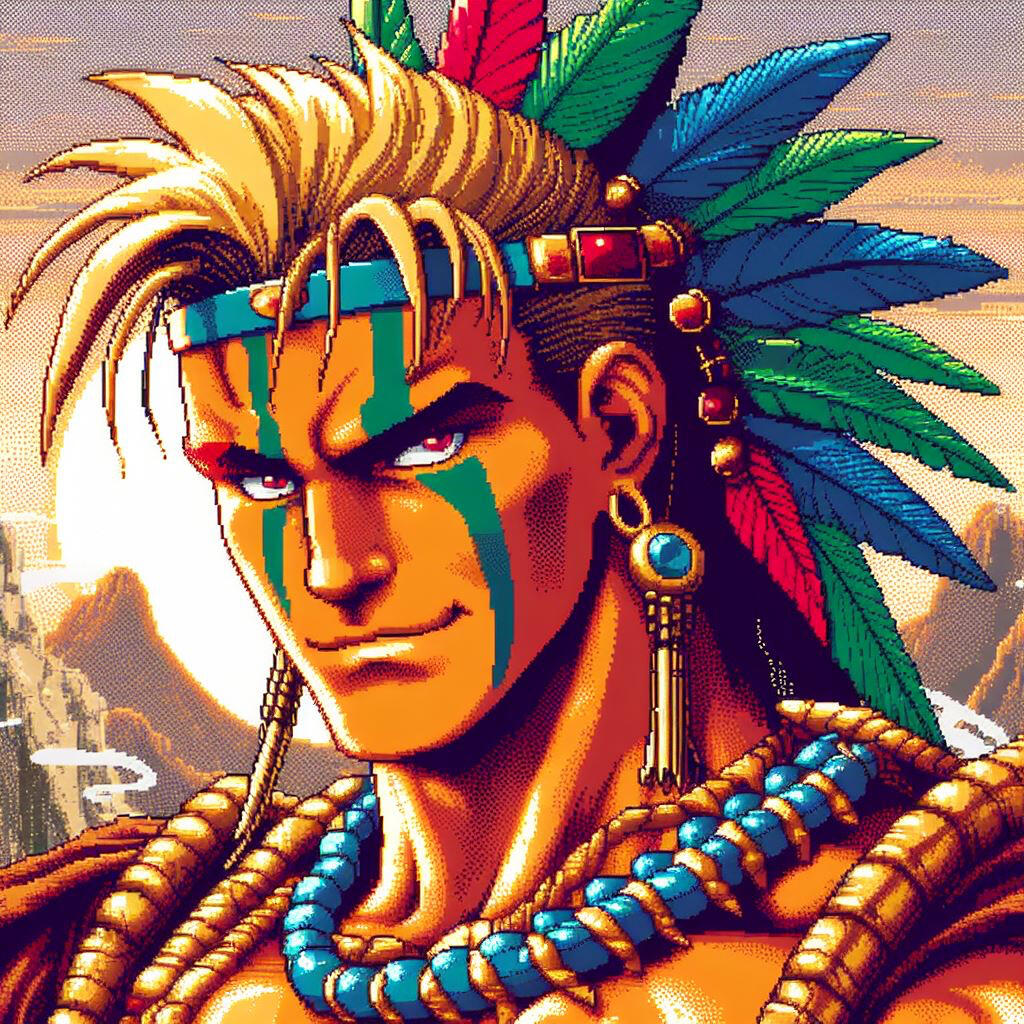
The Precepts and Portfolio
The Pantheon
League of Victory
Like the other Seven, Sarqa has a minor pantheon of gods that he has ordained to serve in some capacity. These minor deities and their pantheon are often referred to as 'The League of Victory' and carry out duties associated with competition, rivalry, tests of strength and skill and betterment of the self.
Secondary Gods
Inochtoli
God of Rivals
The old saying goes 'There is always a bigger fish' and Inochtoli stands as the eternal 'bigger fish'. Said to appear to mortals as someone who is always superior to them in some way--just a little taller, just a little stronger, just a little smarter--Inochtoli is the god of rivals. His domain includes those who seek to overcome another and he embodies the passion between those that build up and break down one another on a personal level. Feeding the fire for personal betterment, he commands his followers to name a 'rival' when they meet someone that bests them and to continue to pursue their defeat to its completion.
Mala
Goddess of Advancement
Mortalkind is defined by its desire to march forward and progress; Mala is the goddess that oversees this advancement. While a mortal, it was said she was one of the first artificers and it was she who designed the first notions of construction, architecture and had mastered the craft of magical armaments. She is a goddess of the forge who guides the hand of legends as they are crafted; wherever there is a storied weapon that slew a tyrant or a mighty shield that turned aside dragonfire, it is held that she inspired the creators of those artifacts.
